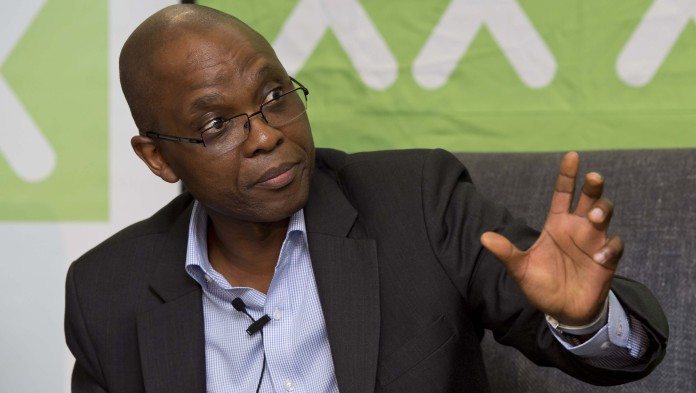
MINORITY shareholders in Exxaro Resources claimed a minor victory last year when they were able to compel the company’s management to alter the structure of a proposed black economic empowerment (BEE) deal.
In return for supporting the transaction, Exxaro CEO, Mxolisi Mgojo and former CEO, Sipho Nkosi, agreed to make changes so that they didn’t control the structure through which the largest single block of the firm’s shares were held. Requiring a 75% majority, the transaction just about squeaked through with a 77.6% support. So sighs of relief all-round.
But the discontent is on a discrete simmer. Analysts asked at Exxaro’s year-end presentation earlier this month for a reminder as to the deal’s benefits. And when the company unveiled ambitious plans to depart from its coal strategy by adding a potential tech-based food or water security transaction, things got edgy again.
“The concern for us is that the company isn’t acting in the interests of all shareholders,” said an asset management firm who no longer holds shares in Exxaro. (Just as well for him because the stock was hammered in the days after the results presentation). “This is why we wanted the control structure changed,” he said. A worry is that the board isn’t as proactive as it might be, he added.
In truth, Exxaro has given very little detail as to its plans and even less on potential returns from this capital allocation. That’s what analysts fear most: that Exxaro will repeat the strategic mistake of several years ago when it invested in iron ore exploration in Central African Republic only to impair the investment for R5.3bn.
Mgojo’s response though has its logic. He said the returns being generated in the business today were from investments allocated a decade ago. “When we went into renewables, we didn’t know anything about it. And the strategy there was achieving an understanding. We were right about that,” he said regarding the creation of Cennergi, a joint venture between it and Tata Group, the Indian firm.
Perhaps the problem is that Exxaro has given no detail regarding its diversification strategy. Beyond a vague philosophical discursus on the merits of food and water security, and the need to keep the company going after the coal mines are closed, there’s barely any description as to the intended partner – 200 companies have been investigated – or the capital that it intends ploughing into the venture. Less than R1bn, said CFO, Riaan Koppeschaar. That’s not much to go on.
It is a pity because the uncertainty is diverting attention from the excellent work Exxaro has put in improving its core business of mining coal. Compared to coal exports in 2013 when it sold 73% of its four million tonnes to Europe, it now has a broader spread of customers in India, East Asia and Africa. It also services those customers with high quality, premium coal for blending, lower quality coal for the sub-continent, and coking coal for metallurgical end users. Export volumes have doubled and are due to increased another 50% over the next two to three years. It is a much better business.
It’s also hoping for an improvement in relationship with Eskom.
The most pressing item in respect of Eskom is getting the company to acknowledge the importance of investing in the fixed coal contracts. These are arrangements in which Eskom pays the capital costs for the mine in return for exclusive supply at a percentage above the operating cost.
Matla, a mine Exxaro manages and which supplies Eskom’s Matla power station, is recording lower supply numbers every year because Eskom has promised but not delivered on some R1.8bn in resource replacement. Mgojo is unequivocal as to where the problem lay: “Lynne Brown [former minister of public enterprises] held up everything. But we have had conversations with Pravin Gordan [newly appointed public enterprises minister] and there’s an understanding that in order for Eskom to remain viable, it will need coal. Hopefully we can get this sorted out in the next few months.
“That is my objective,” he said.











